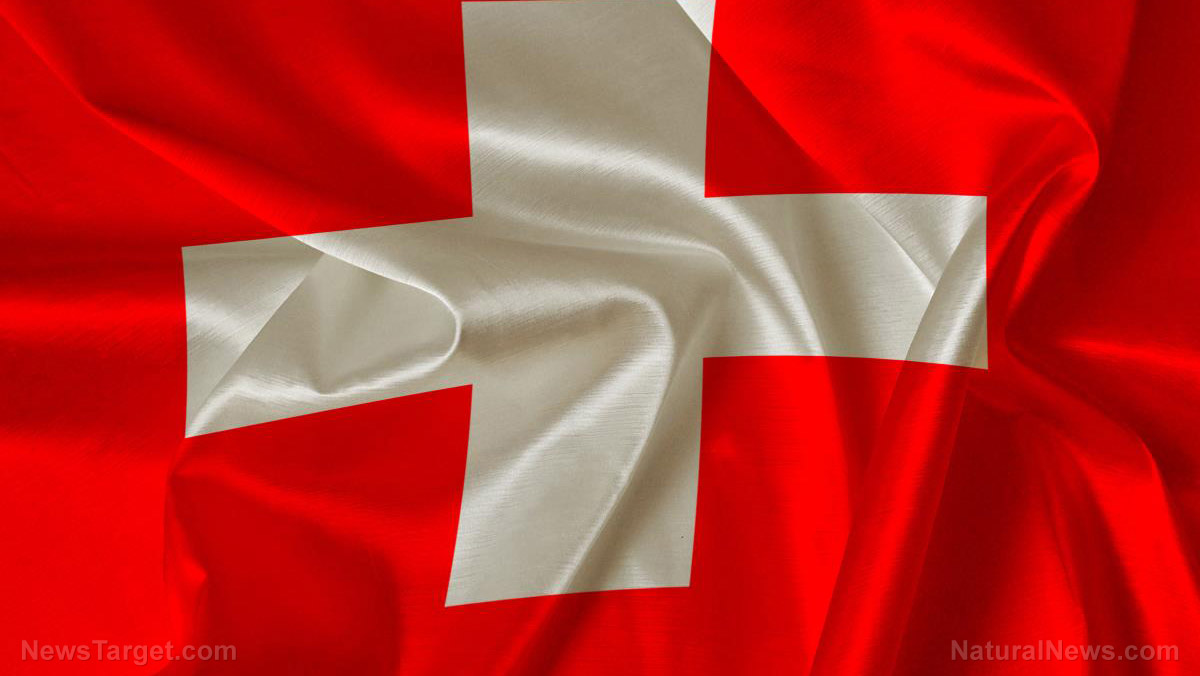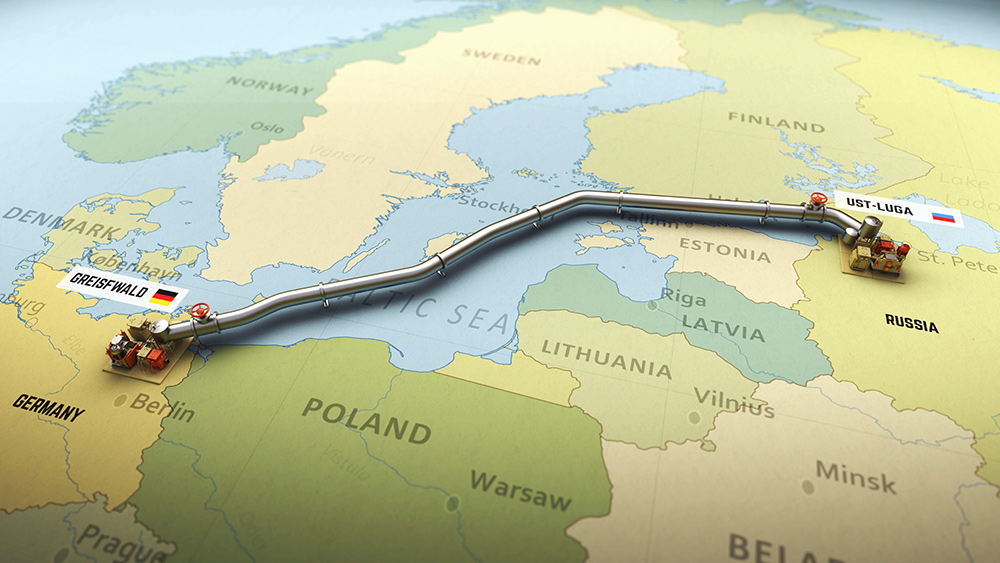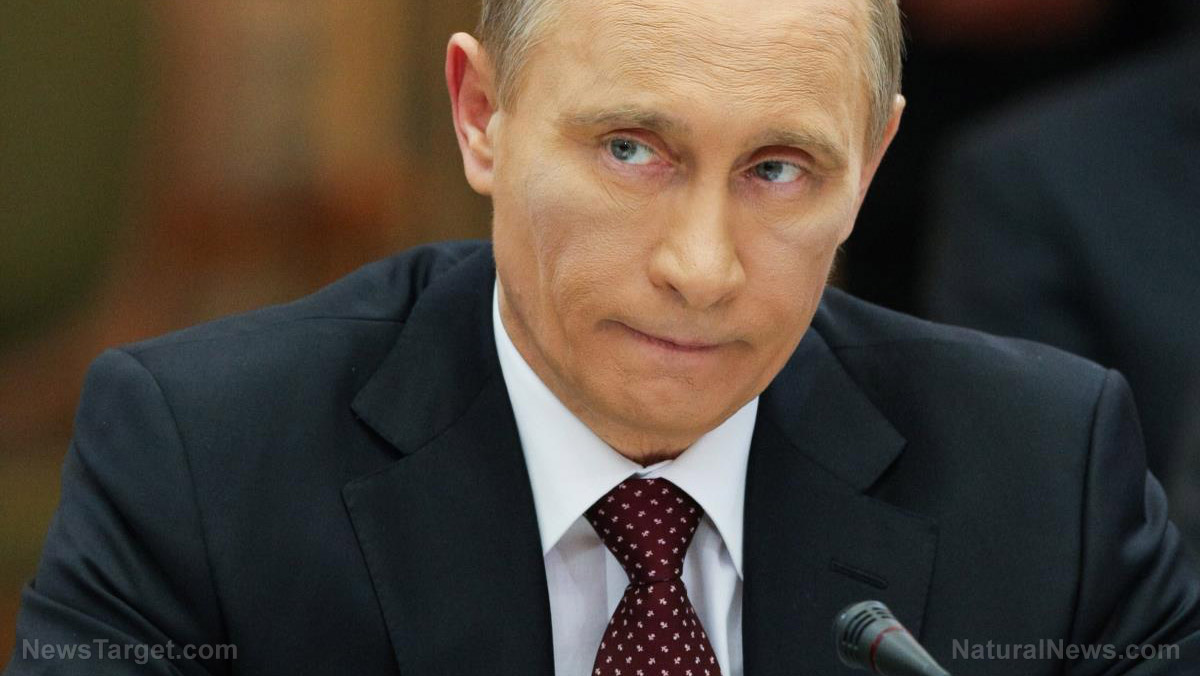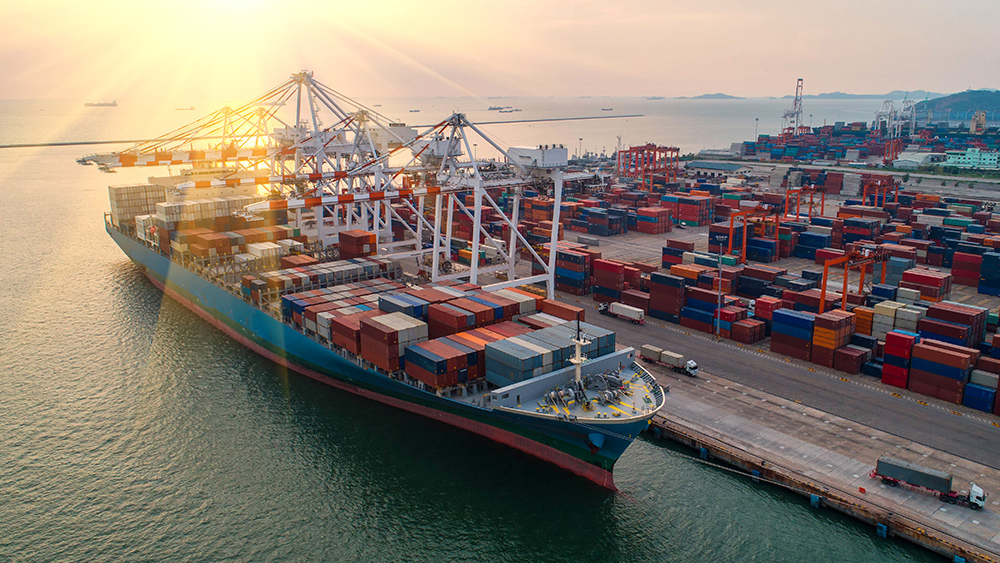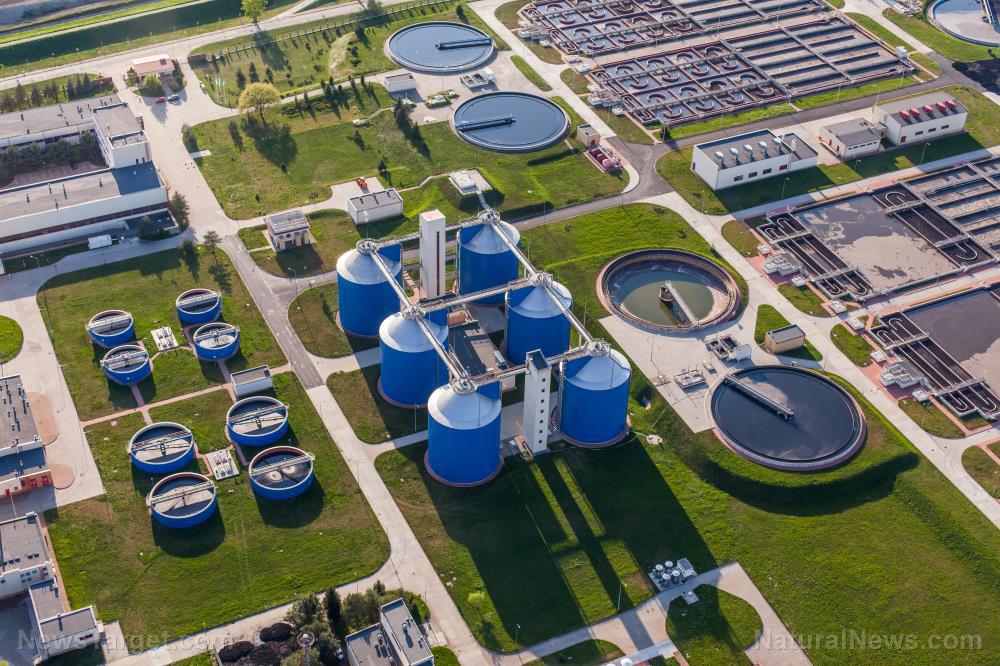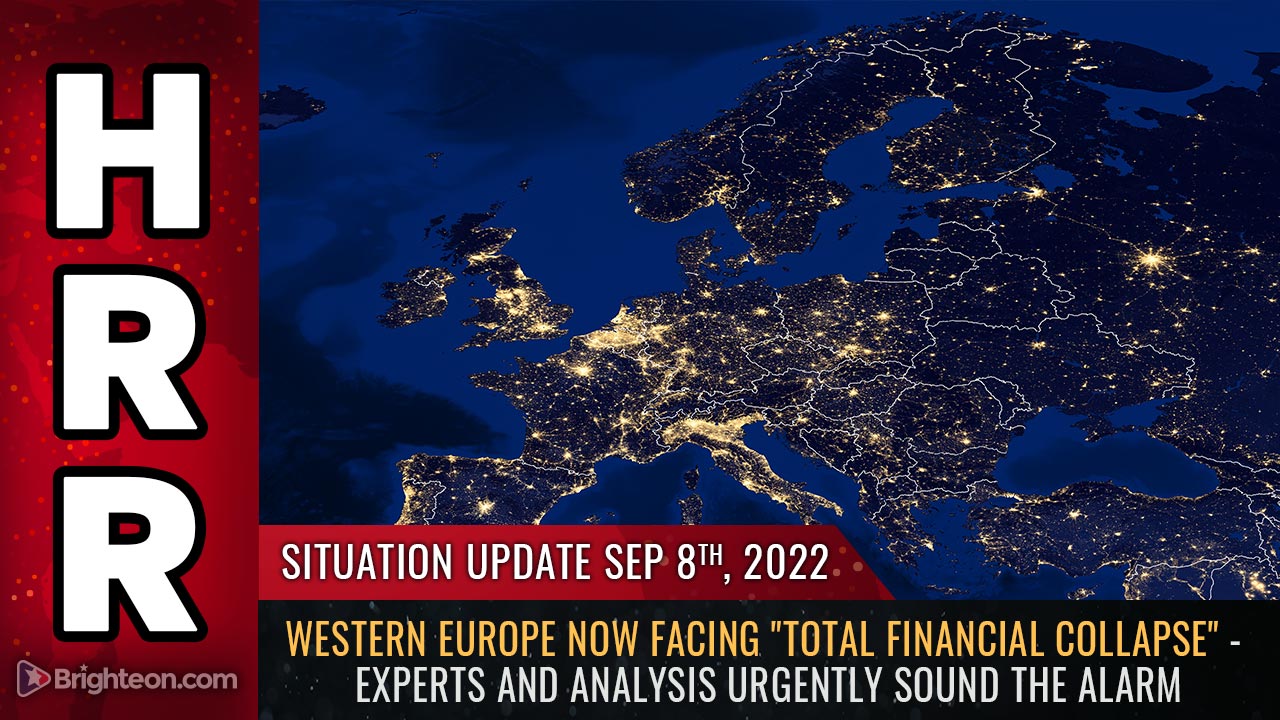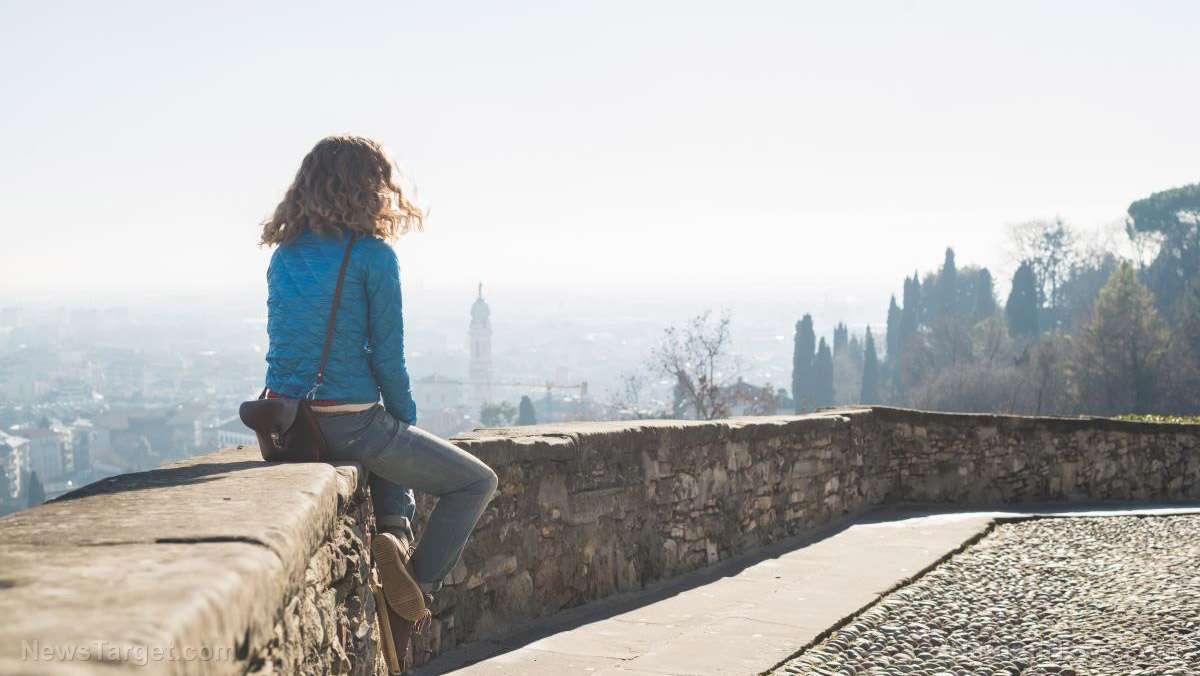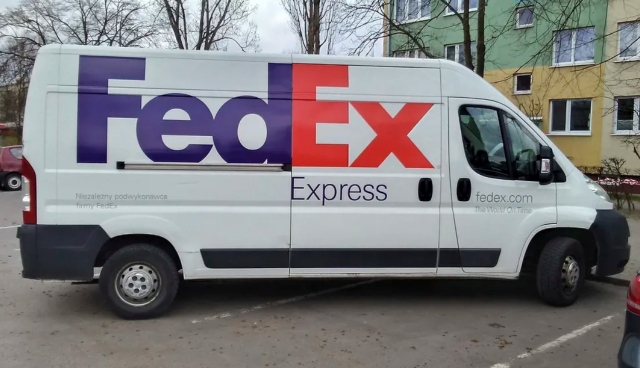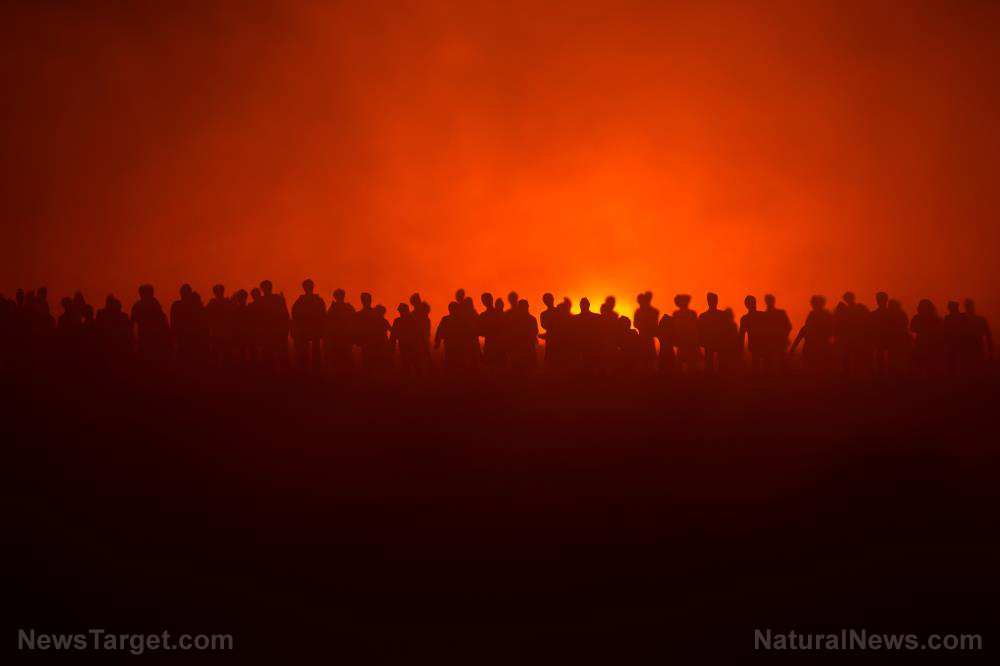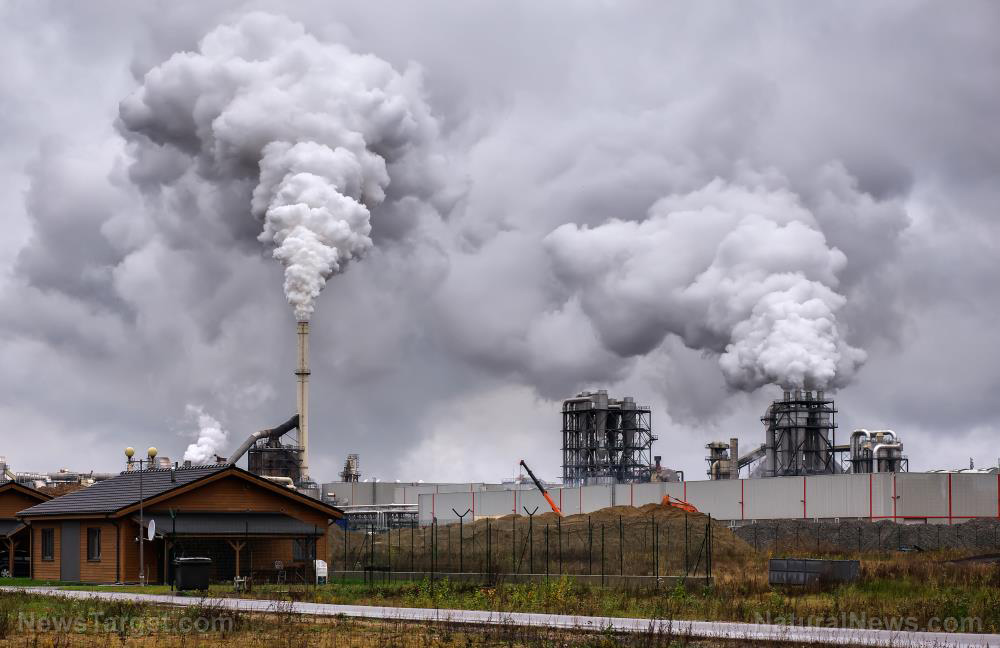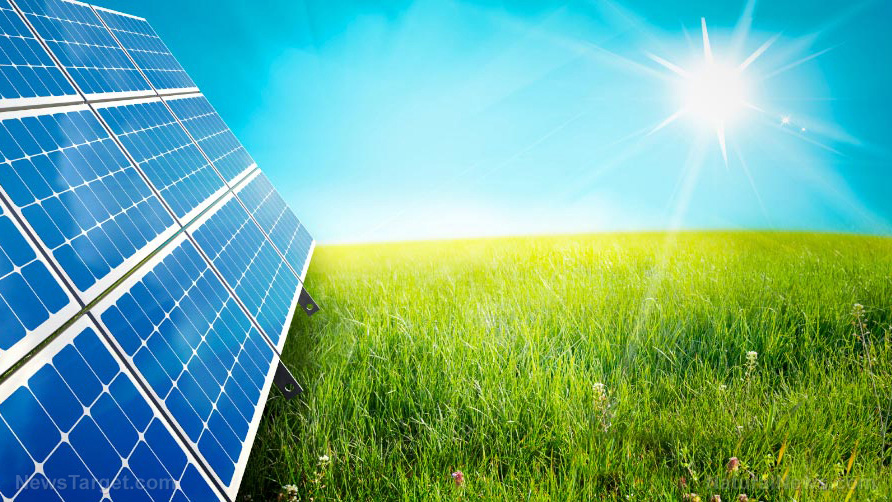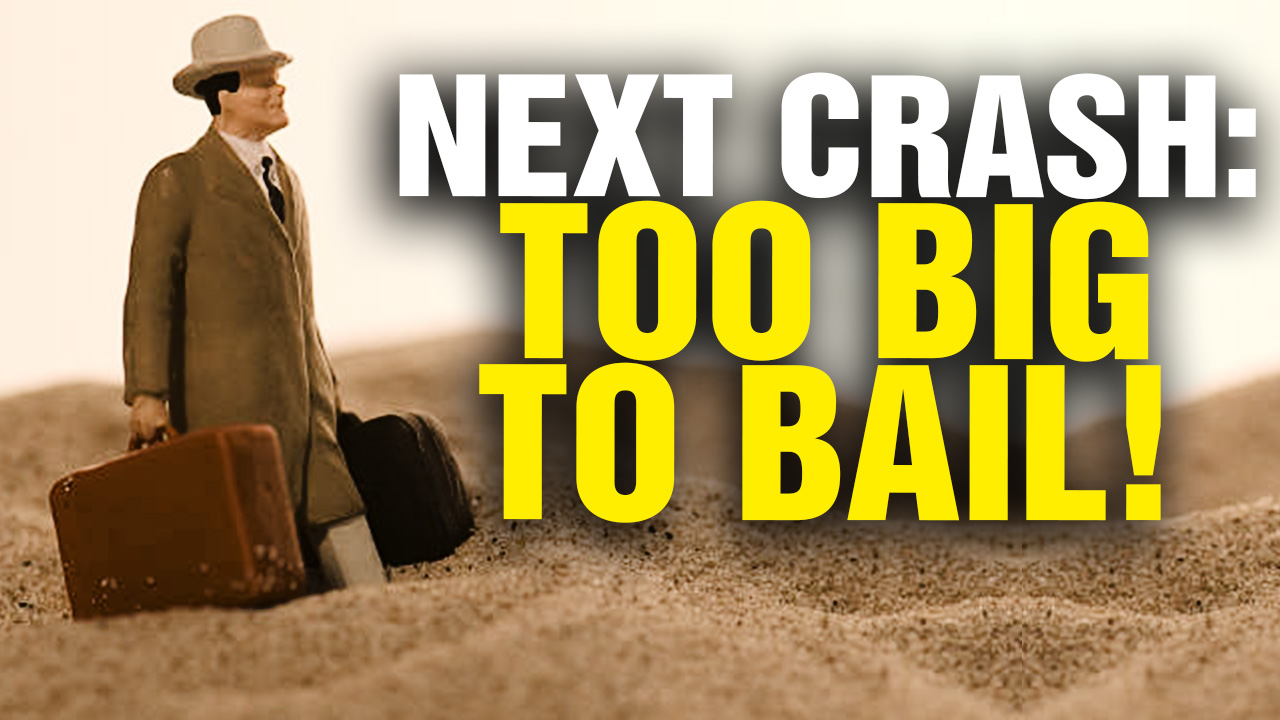Glimpse of the future: Protests, violence put a spotlight on Sri Lanka’s collapsing economy
06/24/2022 / By Mary Villareal

People in Sri Lanka have been rioting over the cost of food and lack of energy resources. The military has responded by gunning down protesters.
This offers a glimpse of the future if Western countries continue their trajectory of inflations, supply chain issues, food shortages and gas price hikes. Once society collapses, people are the ones to starve as the government makes sure its power remains intact and functional to force people to obey their whims.
Troops in Visuvamadu, around 228 miles north of Colombo, fired on civilians on June 18 as their guard point was pelted with stones, said spokesman Nilantha Premaratne. “A group of 20 to 30 people pelted stones and damaged an army truck.”
Police said four civilians and three soldiers were wounded when the army opened fire for the first time to mitigate the unrest linked to the worsening economic crisis. However, as pumps ran out of gas, motorists began to protest and the situation escalated.
Sri Lanka is now suffering its worse economic crisis since its independence, unable to find dollars to import essential products such as food, fuel and medicines for its 22 million people.
The nation has been enduring acute shortages and long queues for scarce supplies while Sri Lankan President Gotabaya Rajapaksa resisted calls to step down over mismanagement.
Prime Minister Ranil Wickremesinghe told parliament that their country is facing “a far more serious situation” than the shortages alone, saying that there is “a possible fall to rock bottom,” and that their economy “has completely collapsed.”
Wickremesinghe’s remarks sent a message to potential lenders. Anit Mukherjee, a policy fellow and economist at the Center for Global Development in Washington, said one cannot let a country with such strategic importance as Sri Lanka collapse. Mukherjee noted that Sri Lanka sits on one of the world’s busiest shipping lanes.
However, the country’s economy is still floundering under the weight of heavy debts, lost tourism revenue and other pandemic effects, such as the surging costs of commodities.
All these events put together and the result is a country running toward bankruptcy, with no money to import gasoline, milk, cooking gas or even toilet paper. (Related: Sri Lanka is collapsing: People are starving, no gas, no electricity and now the army starts shooting at them.)
Armed police and troops have been deployed to guard fuel stations, while members of the ruling class put armed thugs in front of the fuel, keeping it for themselves while the masses beg for their share.
Riots, deaths the new normal
A motorist was shot dead by police in April in the central town of Rambukkana when a clash erupted over the distribution of rationed diesel. Four out of five people in Sri Lanka are reported to have started skipping meals because they can no longer afford to eat.
This problem is not limited to Sri Lanka, either.
People in Belgium are starting to starve and some 80,000 people in Brussels recently held a national strike against the rising costs of living as inflation reached nine percent – the country’s highest in 40 years. A 57 percent increase in energy prices and a six percent increase in food prices are also affecting the Belgian economy.
But Sri Lanka’s situation is far worse.
Wickremesinghe said the country is unable to purchase imported fuel because of its own petroleum corporation’s heavy debt. The Ceylon Petroleum Corporation is now $700 million in debt, which means that no country or organization in the world will be willing to provide fuel for the corporation – even if it pays in cash.
This crisis has hurt the middle class, which made up around 15 to 20 percent of the urban population.
“If the middle class is struggling like this, imagine how hard hit the more vulnerable are,” said Bhavani Fonseka, a senior researcher at the Center for Policy Alternatives in Colombo. The current situation has derailed years of progress toward relatively comfortable lifestyles. (Related: Nuclear-armed Pakistan now on the verge of economic collapse, following in path of Sri Lanka.)
Wickremesinghe said assistance from the International Monetary Fund seems to be their only option now, and officials are going to visit the country to discuss the idea. A staff-level agreement is likely to be reached by the end of July.
Follow Collapse.news for more news about the Sri Lankan economy.
Watch the video below to get updates about Sri Lanka’s economic collapse.
This video is from the AktiivinenKansalainen channel on Brighteon.com.
More related stories:
Global food costs will continue to rise due to surge in prices of oil and gas.
Sources include:
Submit a correction >>
Tagged Under:
chaos, collapse, debt bomb, debt collapse, economic collapse, economy, energy, energy prices, food collapse, food riots, food supply, fuel supply, gas prices, inflation, panic, police state, rationing, rioting, scarcity, Sri Lanka, starvation
This article may contain statements that reflect the opinion of the author
RECENT NEWS & ARTICLES
COPYRIGHT © 2022 Scarcity.news
All content posted on this site is protected under Free Speech. Scarcity.news is not responsible for content written by contributing authors. The information on this site is provided for educational and entertainment purposes only. It is not intended as a substitute for professional advice of any kind. Scarcity.news assumes no responsibility for the use or misuse of this material. All trademarks, registered trademarks and service marks mentioned on this site are the property of their respective owners.


